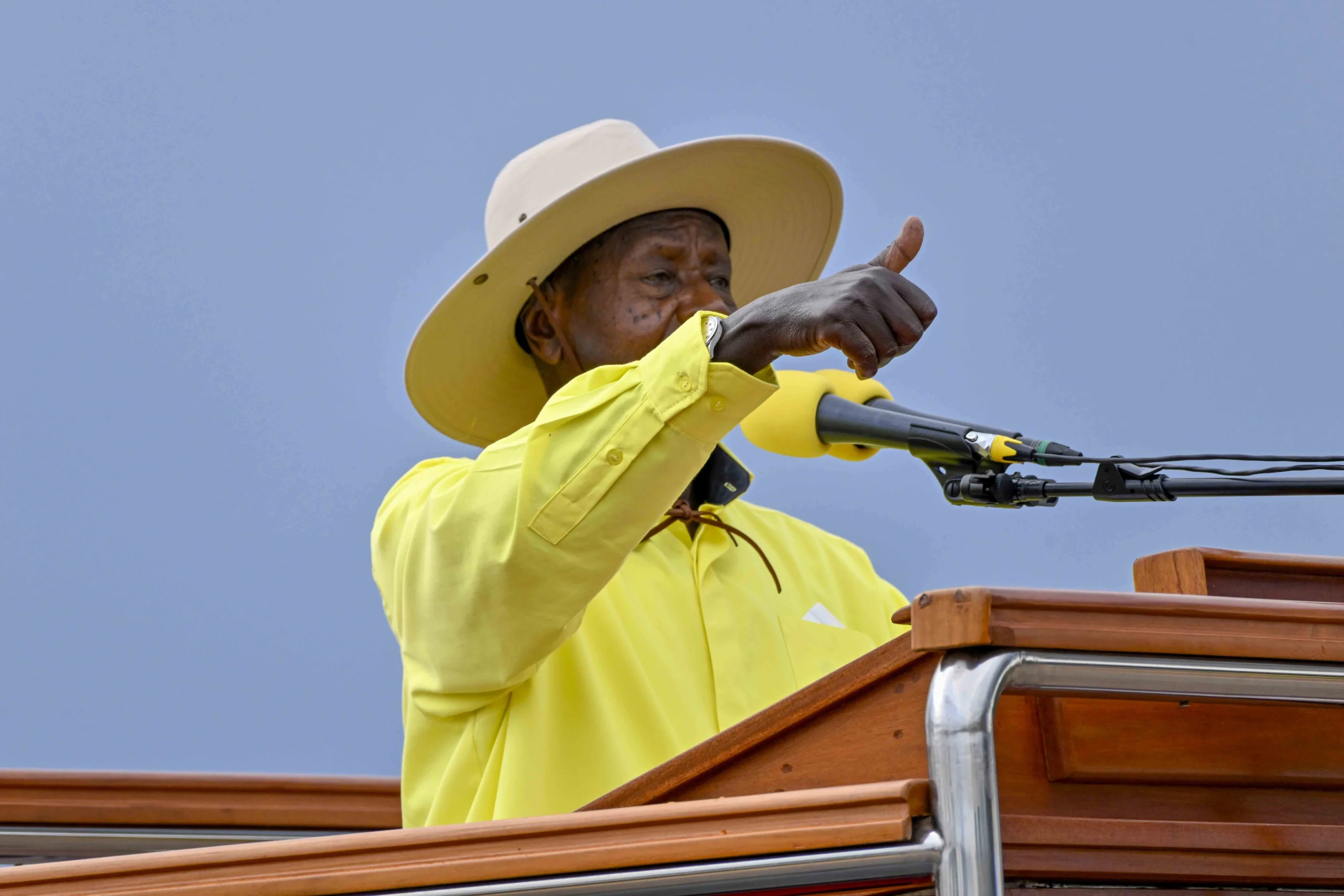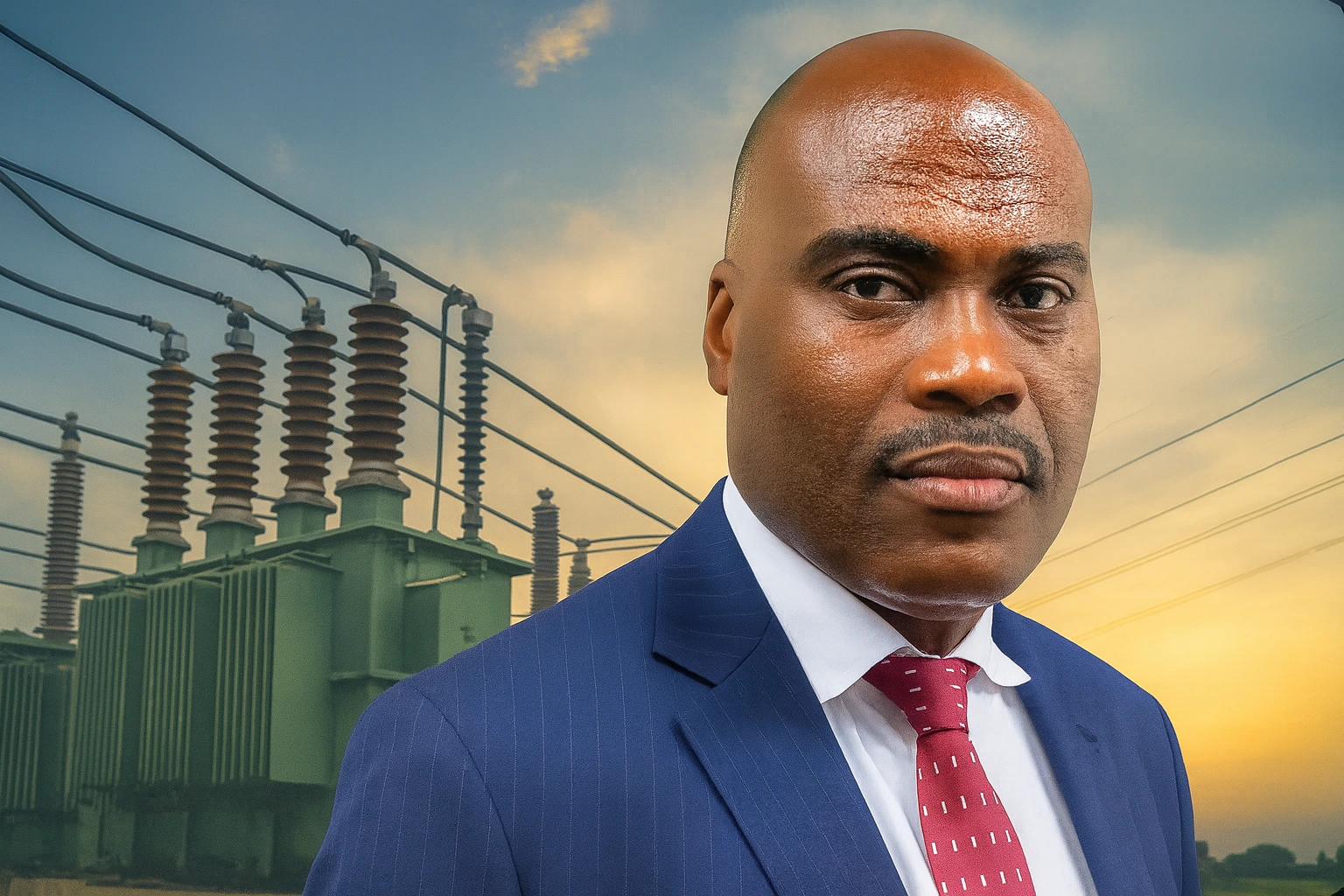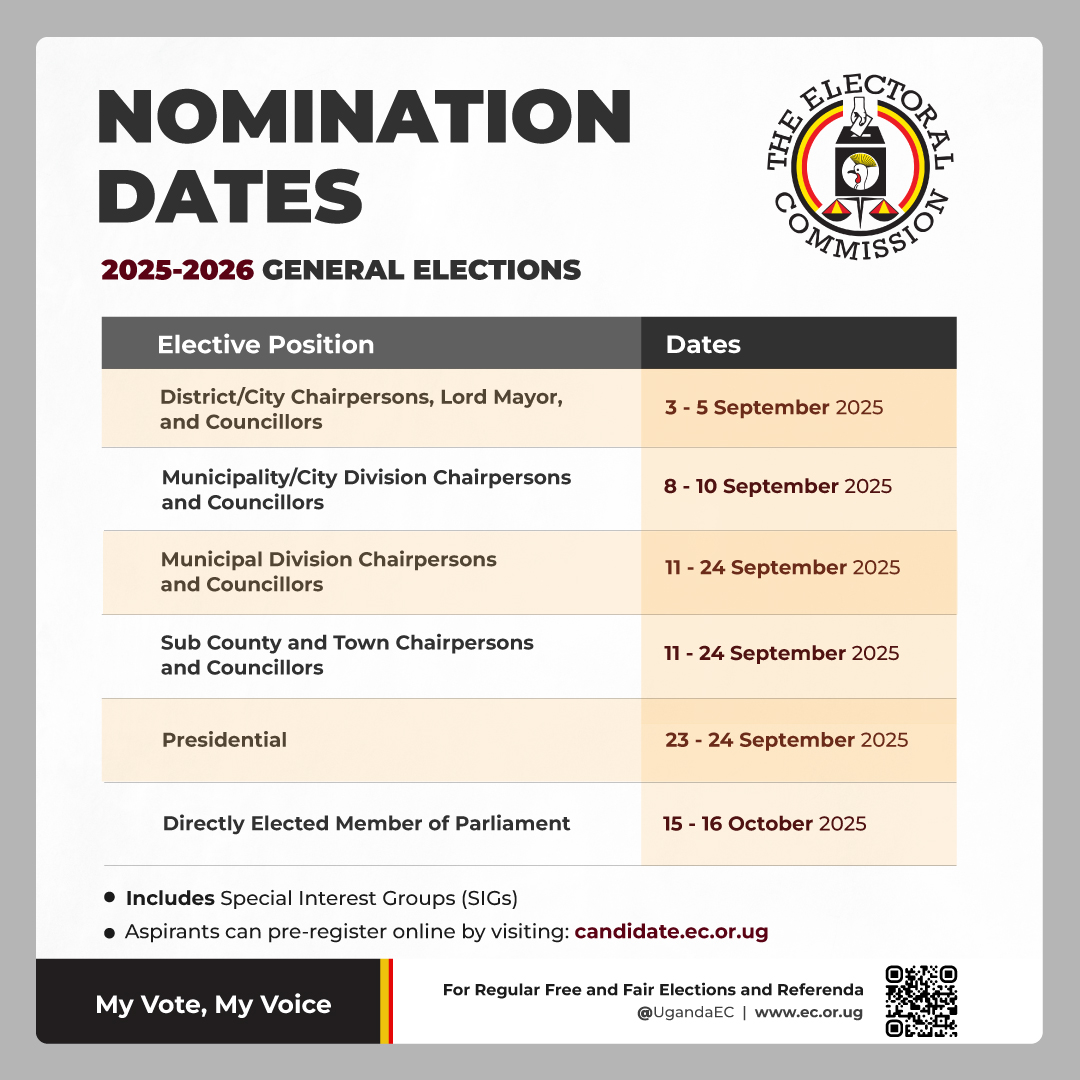In a timely and historic statement, His Excellency General (Rtd) Yoweri Kaguta Museveni, President of the Republic of Uganda and current Chairman of the Non-Aligned Movement (NAM) for the period 2024–2027, has broken his silence on the escalating hostilities between Israel and Iran, urging all parties to draw back from the brink of war and embrace principled diplomacy.
Speaking not only as Uganda’s long-serving leader but also as the head of NAM — a global body representing 120 countries committed to peace and non-interference — President Museveni emphasized the need for historical understanding, recognition of legitimate interests, and rejection of ideological extremism.
A Voice of Reason Amid Rising Tensions
The President’s remarks come amid increasing global concern over deepening animosity between Israel and Iran, with fears that the situation could spiral into a full-scale regional conflict with devastating consequences. Responding to concerns raised by Iran’s Ambassador to Uganda, President Museveni made clear that while Uganda had not previously externalized its position on the matter, its principles have remained consistent.
“We abhor chauvinism of identity — whether racial, tribal, religious, or gender-based,” President Museveni stated. “We always stand for the politics of legitimate interests of all stakeholders.”
Acknowledging the Mistakes of the Past
In his characteristically frank and historically grounded style, President Museveni outlined what he termed the “mistake-makers” fueling the current crisis:
- Iranian Denial of Israel’s Legitimacy
President Museveni reminded Iran’s leaders of the undeniable historical connection between the Jewish people and the land of Israel, as documented in religious texts and recognized by the international community through the United Nations’ decision to partition Palestine. “It was wrong for some Arabs and Iranian Islamists to refuse to recognize that historical solution,” he stated. - Israel’s Rejection of the Two-State Solution
While affirming Israel’s right to exist, the Ugandan leader questioned Israel’s reluctance to implement a two-state solution that respects the rights of Palestinians. He drew parallels to colonial-era migration patterns, noting that historical populations have long shared these lands and deserve recognition. - Western Imperialist Interference
President Museveni did not spare Western powers, pointing to the 1953 CIA-led overthrow of Iran’s democratically elected leader, Mohammad Mosaddegh, as a catalyst for long-standing resentment and extremism in the region. - The Futility of External Military Force
Echoing historical lessons, Museveni emphasized that foreign military interventions rarely yield lasting peace. From the Crusades to Cold War interventions, the use of external force has often deepened conflict rather than resolving it.
A Call for Dialogue, Recognition, and Humility
President Museveni urged both Iran and Israel to listen to the wisdom of history. He called upon Iran to formally recognize Israel’s right to exist and encouraged Israel to honor its commitment to a two-state solution. He cautioned against the belief that military might or ideological rigidity could resolve deep-rooted conflicts.
“We appeal and advise the actors in the Middle East to draw back from the use of force and return to principled diplomacy,” he urged.
A Global Appeal for Prayer and Reflection
In closing, President Museveni extended his message beyond political leaders to all people of faith and goodwill, calling for a global moment of humility and prayer.
“Perhaps it’s time that we all agree to pray together and consult that Creator that cares for all of us without preference,” he said. “May we have the willingness to humble ourselves and pray and ask for God’s wisdom, that we may do what is right in His eyes.”
A Diplomatic Legacy Rooted in History
Known for his deep understanding of global history and pragmatic leadership, President Museveni’s intervention serves as both a warning and a roadmap — a reminder that peace is possible when nations reject chauvinism, recognize historical realities, and place human dignity above ideological divisions.
As tensions simmer in the Middle East, the world will be watching to see if the wisdom from Uganda’s shores can help guide the region back from the edge.




